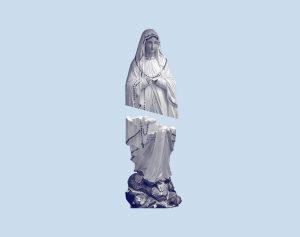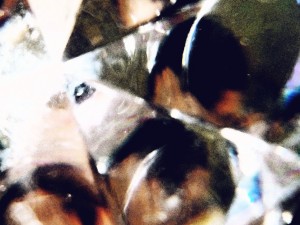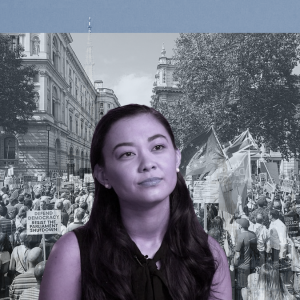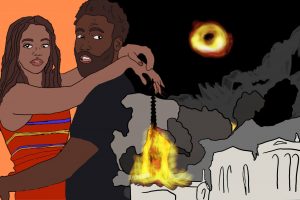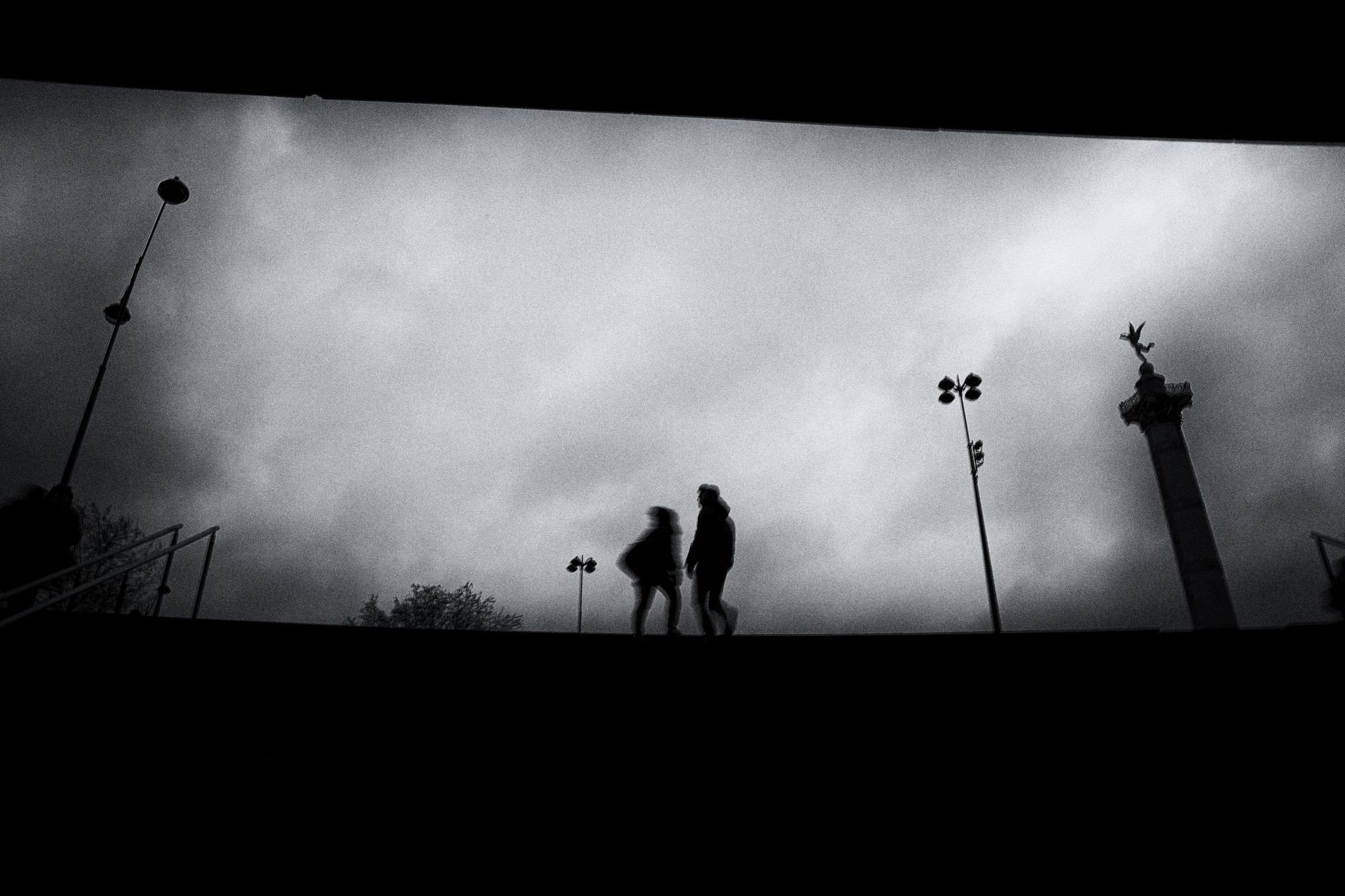
What We Stand For: Ione Wells on the Paris attacks
by Ione Wells | November 19, 2015
On Saturday 14th November 2015 I woke up on my 21st birthday. That day also marked the end of the week that saw over 120 deaths in Paris’s shootings and bombings the night before, at least 43 deaths in Beirut’s suicide bombing, and over 20 deaths caused by a suicide bomber in Baghdad – all only a fortnight after 224 people were blown out of the sky by a terrorist attack on a Russian plane. I confess, the world in which I was entering my adulthood felt bleak.
Beheading was something I grew up with as a storyline from Lord of the Rings. Today’s children see these stories lining newspapers’ front pages. The idea of boarding a flight was a privilege, an excitement. The first experience any children I may have will encounter of an airport will be security checks, more rigorous than ever. Mobile phones and the Internet were some of the most ingenious innovations during our childhood years – little did we know they too would soon become weapons in this new face of modern warfare. My history books were categorized into World Wars, into Cold Wars, into Independence Days…I sometimes wonder what our generation will be known as. The Digital Age? The Age of Terrorism?
But I refuse to be a generation that becomes defined by thinking that there is no hope; that accepts the complacent view that this back-and-forth of bombs is just ‘the norm’ now, and that it is barely surprising when one reads another headline about it. I want to be the age that fought terrorism not through nation states, but through solidarity.
The capacity we have to empathize for others is one of the things that I believe makes us human. Indeed, I think it is one of the milestones of growing up, a sign that we have hit a certain stage of maturity. I remember one of the first times that I fully comprehended the feeling of empathy for people who I was completely removed from. I was nine years old, when a series of bombs hit commuter trains in Madrid in 2004. Something welled up inside me that night that I had only ever felt before in response to the hurt or upset of people that I knew personally and loved. This time, the statistics and news reports were people in my head: people I cried myself to sleep about, people that could have just as well been my family or me. Though I had already lived through 9/11, and recognized the horror of it, I had been too young to process it in this way, or feel a burning sensation in me quite like this one, before. I felt angry, confused, upset, and helpless at the lives and communities that had been fractured, which I could do nothing about – the melting pot of emotions I later came to know as the sense of injustice.
I urge anybody reading this to the think of the last time you felt so fired up by an emotion that it ran through every inch of your body. Perhaps for some, this happened after the events of last week. Perhaps for some, it was a sense of injustice at a single individual’s actions in your day-to-day life. There is an incredible strength and energy that comes with that feeling – that fuming form of anger, upset or injustice that you cannot simply ‘walk off’, that you lie awake thinking about at night, that causes your body to strain at the seams. Usually we try and find an outlet for this energy to counter the feeling of complete hopelessness. The instinct for some might be reactionary revenge or retaliation – an instant ‘hit’ of so-called justice. This instinct can be seen to range from splurges of often-misdirected hatred on Twitter to reciprocal bombs being dropped. But what does such aggressive retaliation leave you with afterwards? It does not fix the ideological root of a problem. It can only, at best, make the other party ‘know how it feels’, or eliminate some members of the opposition – most likely provoking further merciless attack from their contemporaries and thus forming a vicious cycle. Retaliation is not really justice – it is vengeance.
Justice is the maintenance of what is right, and the strengthening of it. Justice is the millions of commuters that got on the tube the day after 7/7 in London, because our city would not lead lives governed by fear. Justice is the acknowledgement that the thousands of individuals fleeing Syria, Iraq and surrounding territories are running from the same people that we fear too. Justice is “not in my name”, and is not affiliating whole races and religions with the actions of a few terrorists whose values no one else shares. Justice is reaching out hands, not pointing fingers, to those who are most vulnerable. Just imagine a world where we used the momentum of that burning energy from all of our cumulative feelings of injustice to come together, rather than retaliate – how strong and determined we could be, how much more of a majority we would have over the common enemy.
Terrorism is an attempt to divide people, nations and cultures from one another. It is an attempt to build walls in our communities. Violent retaliation is like all of us picking up cement and bricks and getting stuck into the building of these walls, just to be seen to be doing something immediate. It is, quite literally, speeding up the divisive ideology of the opposition. It is buying into the hypocrisy of striking back with the very same acts, attitudes and hatred that caused us to retaliate in the first place, when the act that the opposition fears most is solidarity.
Solidarity is more important than ever in our lifetime. Not only because of the importance of supporting one another, but also to prevent the advancement of an ideology that we, as an international community, wish to bring down. An ideology that wants division, hatred and a rejection of diversity and multiculturalism. An ideology that wants to fight against cracks in humanity by forming them in the first place; one that would love us to retaliate if only to be able to say of division, “we told you so”. We have a choice now and we will have a choice the next time we feel that all-consuming sense of injustice strike. How can we use that energy most effectively? I cannot claim that any of us have the answer yet, but I think we can hazard a guess at how we should not use it. To give in and retaliate is to let them win; to let them get to us in exactly the way they planned. I beg that we don’t become The Age That Fell Into This Trap. This is not what we stand for.
Photo: August Brill
